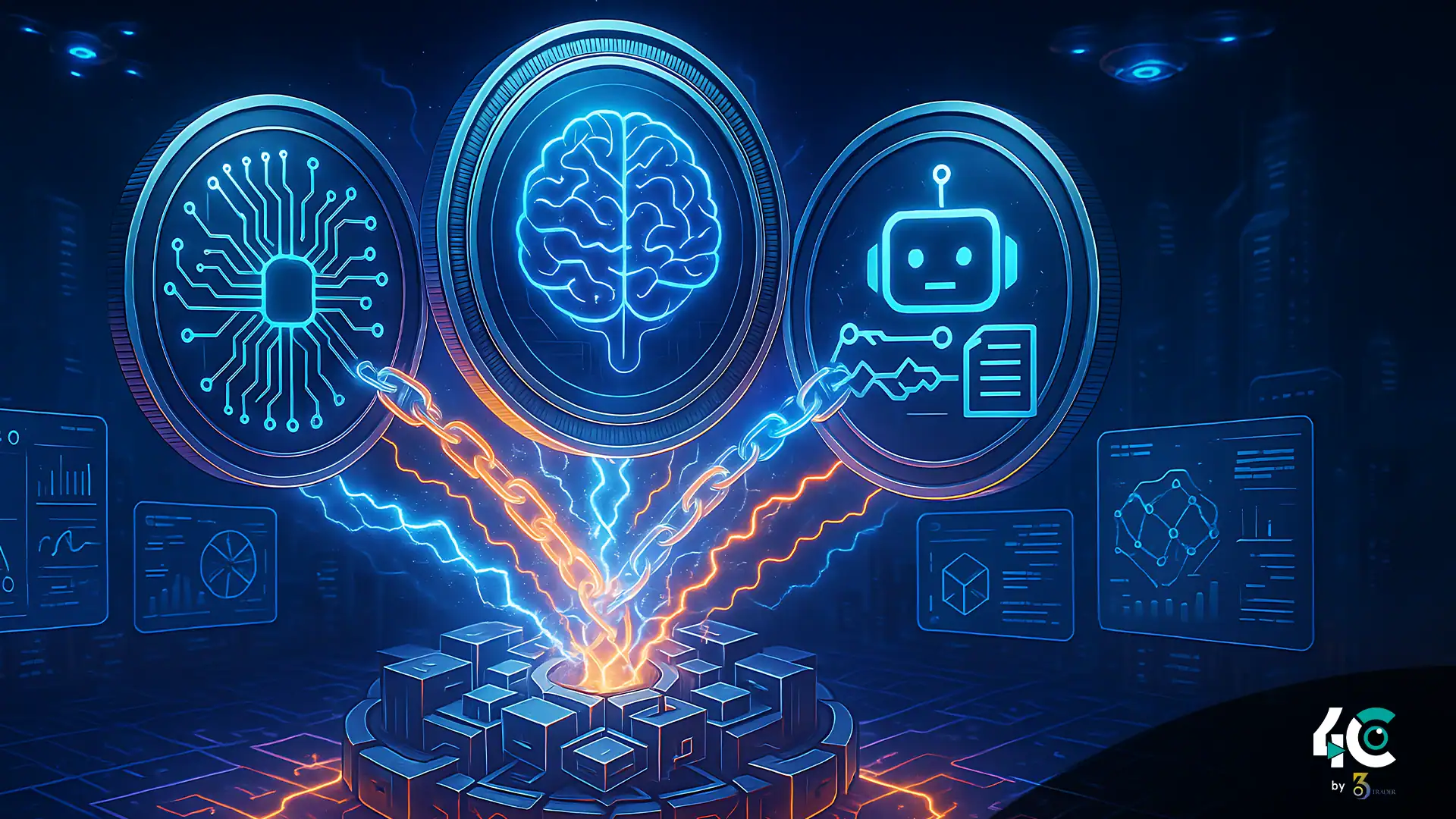Smart Contracts That Adapt Using AI Technology
- Decentralized machine learning: Rewarding others with crypto to train AI.
- AI oracles: Delivering on-chain real-world data via neural networks.
These three tokens are leading the AI-crypto revolution, and major enterprises are beginning to adopt their tech.
Token #1: Bittensor (TAO) — The Decentralized AI Marketplace
What It Solves
Centralized AI models like ChatGPT and Gemini funnel all training data to corporate servers. Bittensor builds a peer-to-peer AI marketplace where:
- Developers earn TAO tokens by training machine learning models.
- Users pay in TAO to access the collective intelligence of the network.
Key Metric
- Network valuation: $2.3 billion
- 83% of all TAO tokens are currently staked.
Recent Breakthrough
- Integration with Polkadot for cross-chain AI queries.
Token #2: Fetch.ai (FET) — Autonomous Economic Agents
What It Solves
Most blockchain transactions need manual input. Fetch.ai uses AI agents to:
- Automatically negotiate DeFi trades.
- Optimize logistics for manufacturing firms.
- Book travel and services with no human action.
Adoption Update
- Partnered with Bosch to automate their manufacturing logistics.
Technical Edge
- Transactions settle in 0.5 seconds (compared to 12 seconds on Ethereum).
Token #3: Akash Network (AKT) — Decentralized AI Cloud
What It Solves
Big cloud computing platforms overcharge for GPU access. Akash provides:
- Up to 90% cheaper AI model training.
- Uncensored, democratized access to computing power.
Earnings Potential
- GPU suppliers earn 1,428% more than on centralized cloud platforms.
Recent Milestone
- Nvidia chips now accessible via Akash nodes.
Portfolio Allocation
- 50% in TAO – The core infrastructure play.
- 30% in FET – The real-world adoption leader.
- 20% in AKT – The high-risk, high-reward cloud disruptor.
Risks to Watch
- SEC may classify AI crypto tokens as securities.
- Some projects rely on foundation-controlled nodes, raising centralization concerns.
- Tech risk: Promised AI performance may not materialize.
The Bottom Line
While 95% of AI crypto projects will fail, these three have:
- Real enterprise adoption
- Working products (not just whitepapers)
- A first-mover advantage


































